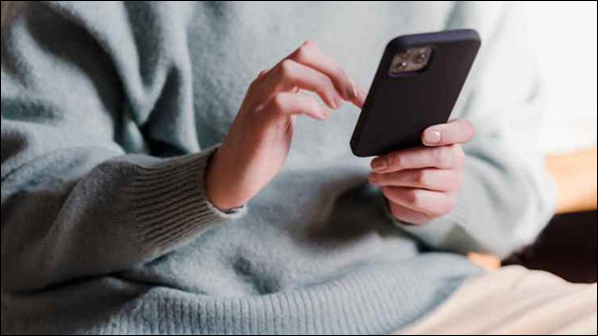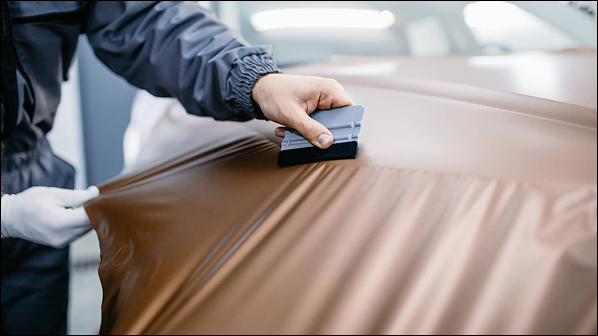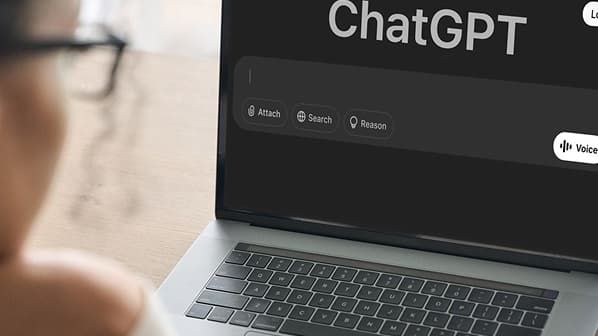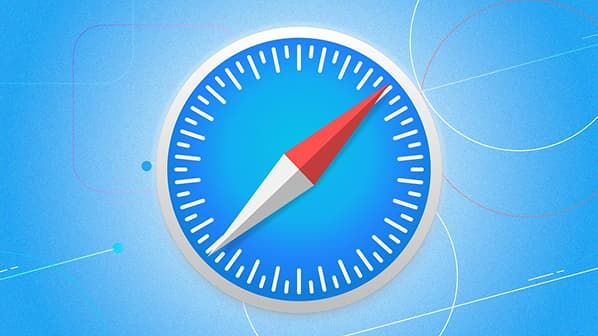Nowadays, your phone is not just an assistant to making calls to people, but there are keys to their personal space, the amount of money, working and personal documents, and messaging. However, there are huge privacy costs in using it. Bad guys often look for ways to break in, using bad apps, open networks, or weak settings. A simple screen lock won’t cut it. Here are five easy yet strong ways to keep your phone data safe for everyone to follow.
A Brief Guide to Construction Jobs

1. Use Tough Locks and Verification
Many folks stick to easy PINs or swipe paths to lock their phones, but these are weak if someone bad gets your phone. Instead, pick the best lock options your phone offers. This might be hard codes, finger scans, or face checks. Avoid simple codes such as 123456, the year you were born or any other simple codes that can be easily deduced. In addition, make your phone automatically lock once it remains in one place some time, so no covert attempts when you go out of the room.
2. Check App Permissions Well
Apps often ask to reach more stuff than they need. Like, a weather app doesn’t need to hit your mic or camera. Go through and cut app permissions in your phone settings to let out less data. Turn off place finding for apps that don’t need it, and watch out when giving permissions to other keyboards, as they might log what you type. On some phones, like ones with Google’s Gboard, keyboards tie into the web, which could risk privacy; try using basic or offline keyboards on secure systems like GrapheneOS.
3. Keep Software and Apps Fresh
Old software makes it easy for hackers to get in. Updates for your system and apps often fix weak spots. Turning on auto-updates makes sure you stay safe without having to look yourself. This stops bad guys from sneaking into old holes to grab data or drop bad software.
4. Dodge Public Wi-Fi Dangers with VPNs and Safe Network Use
Public Wi-Fi is unsafe; it exists in such places as airports, cafes, and hotels. Bad fellows are capable of creating dummy Wi-Fi locations to steal your data (such as passwords and bank details). If you need to use public Wi-Fi, stay off important accounts or keying in private stuff. Better yet, use a VPN to hide what you do online, which makes it hard for snoops to listen in. Also, turn off file sharing and hide your device to stop others on the network from seeing your phone.
5. Turn on Two-Step Checks and Use Encryption
Just passwords can be stolen or guessed. Two-step checks (2FA) add a needed extra safety step—like a code sent to your phone or made by an app—before opening up. Turn on 2FA on key accounts like email, banks, and social pages. Also, make sure your phone scrambles its stored data. This way, if your phone is lost or taken, your info stays locked without the right key or code.
Why These Tips Are Key
Phones today hold heaps of your personal stuff, from chats and place checks to money facts and work files. Without careful steps, you might give up this important data to hackers, ad folks, or even watchers from the state. For example, many non-brand Android phones come with apps that take and share data without you saying OK, while even big names like iOS and Google Pixel come with their downsides. Picking safe settings and tools lets you take back control.
Final Words
In the era when all your digital life is under threat, it is essential to keep the information stored on your phone safe. With strong locks, wise app permission checks, fresh updates, secure networks, and two-step checks and encoding, you build a strong wall against data theft and nosy types.


Guess you like
-

Midsize Pickup Trucks That Deliver Real Towing Muscle
-

Eight Clues Can Show Your Refrigerator is Overly Cold
-

6 Accessories to Deliver the Best Gaming Experience
-

7 Essential Tips for New Players of Ghost of Yōtei
-

Electric Trucks Falter in the U.S. — The High-Stakes Struggle Behind the Wheels
-

How to Differ the “Maintenance Required” and “Check Engine” Lights
Trending
-
 1
1How to Differ the “Maintenance Required” and “Check Engine” Lights
-
 2
29 Viral ChatGPT Image Prompts Redefining AI Creativity
-
 3
3Beyond The Basics: Eight Safari Tricks That Actually Matter
-
 4
4Arcade Hits That Found Bigger Crowds Beyond America
-
 5
5Google Photos Turns Users into Meme Stars with New “Me Meme” Feature
-
 6
6Bring Back Clear Dialogue: Three Samsung TV Settings That Make Speech Easy to Hear


